Start growing your
business with us

Denmark
Robert Radut
CEO @ FieldServiceScope™
Dev House has been an invaluable partner throughout this project, demonstrating professionalism and a commitment to excellence at every stage. Their technical expertise and understanding of our projec...

USA
Jong Yoon Lee
CTO @ Sibel Health
We are extremely pleased to partner with Dev House. This collaboration transcends typical IT services; their developers exhibit a collaborative approach complemented by exceptional technical expertise...

USA
Corey Williams
Founder & CEO @ Vivomi, Inc
I cannot speak highly enough of my experience working with Dev House. They have proven to be much more than mere contributors to our project; they seamlessly integrated into our team. While I would li...

USA
Dan Gutting
Co-founder @ GroovePacker.com
I am enjoying working with Devhouse. We have started working together recently and the experience has been very good. They are extremely considerate and takes responsibility for their work. Asad is al...

New Zealand
Steven Muller
Software Delivery Specialist / Project Manager @ Blue Garage Limited
I love working with Asad and Dev House. They go above and beyond to help us achieve the best outcome for us and our customers.

Saudi Arabia
Waleed J Sanchez
Disrupting Construction in the GCC
Devhouse’s team has been instrumental in the success of our platform, Muqawiloon.com. Their programmers’ technical expertise and their designers’ creative flair have combined to make our vision a real...

Denmark
Robert Radut
CEO @ FieldServiceScope™
Dev House has been an invaluable partner throughout this project, demonstrating professionalism and a commitment to excellence at every stage. Their technical expertise and understanding of our projec...

USA
Jong Yoon Lee
CTO @ Sibel Health
We are extremely pleased to partner with Dev House. This collaboration transcends typical IT services; their developers exhibit a collaborative approach complemented by exceptional technical expertise...

USA
Corey Williams
Founder & CEO @ Vivomi, Inc
I cannot speak highly enough of my experience working with Dev House. They have proven to be much more than mere contributors to our project; they seamlessly integrated into our team. While I would li...

USA
Dan Gutting
Co-founder @ GroovePacker.com
I am enjoying working with Devhouse. We have started working together recently and the experience has been very good. They are extremely considerate and takes responsibility for their work. Asad is al...

New Zealand
Steven Muller
Software Delivery Specialist / Project Manager @ Blue Garage Limited
I love working with Asad and Dev House. They go above and beyond to help us achieve the best outcome for us and our customers.

Saudi Arabia
Waleed J Sanchez
Disrupting Construction in the GCC
Devhouse’s team has been instrumental in the success of our platform, Muqawiloon.com. Their programmers’ technical expertise and their designers’ creative flair have combined to make our vision a real...

Denmark
Robert Radut
CEO @ FieldServiceScope™
Dev House has been an invaluable partner throughout this project, demonstrating professionalism and a commitment to excellence at every stage. Their technical expertise and understanding of our projec...
